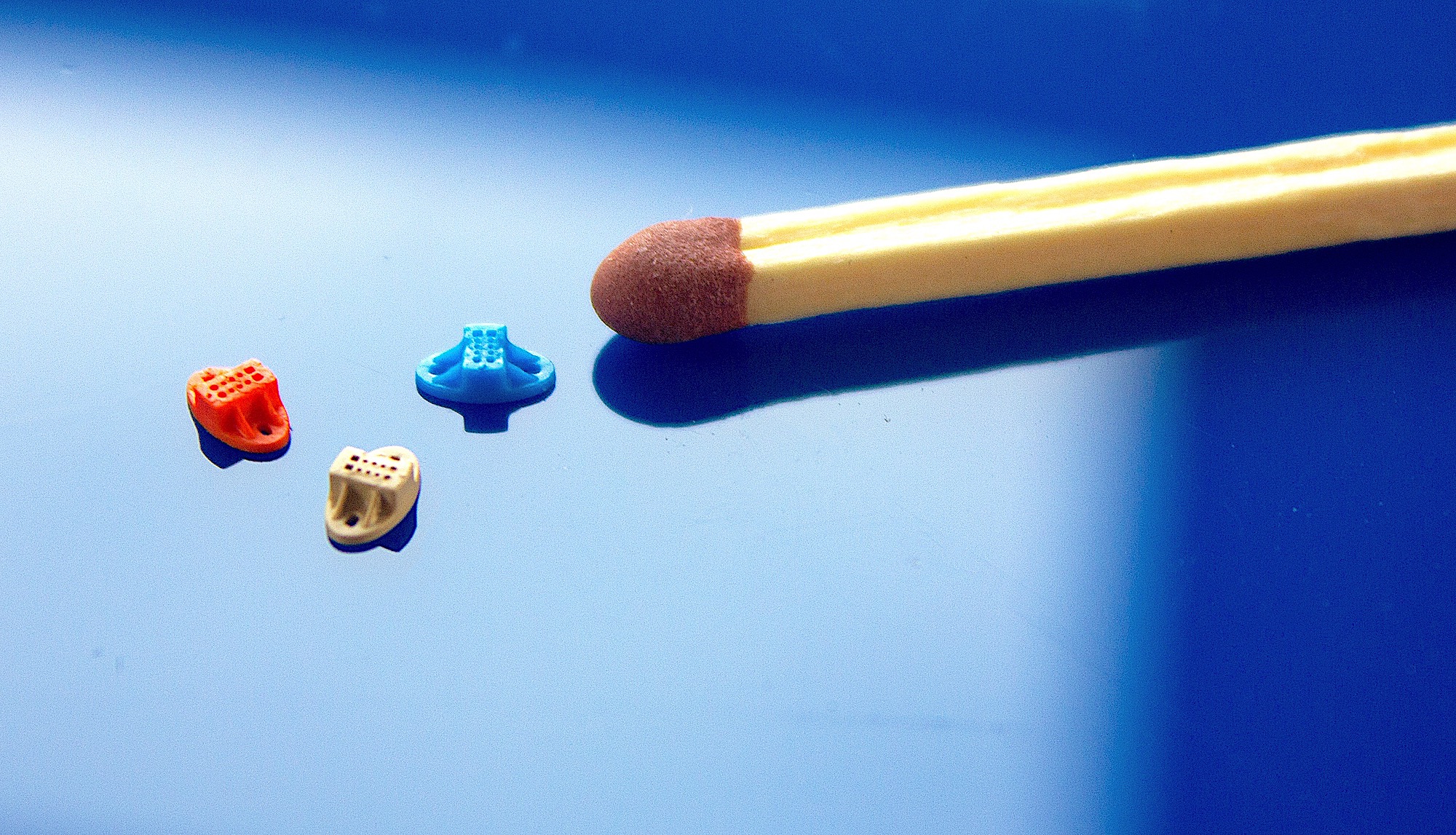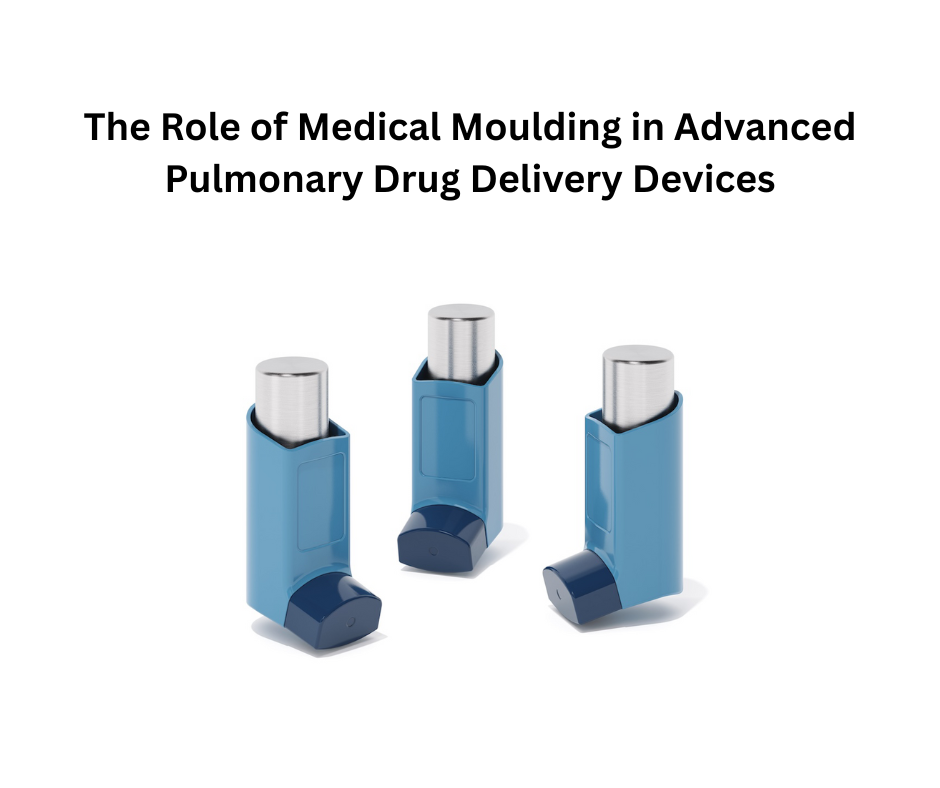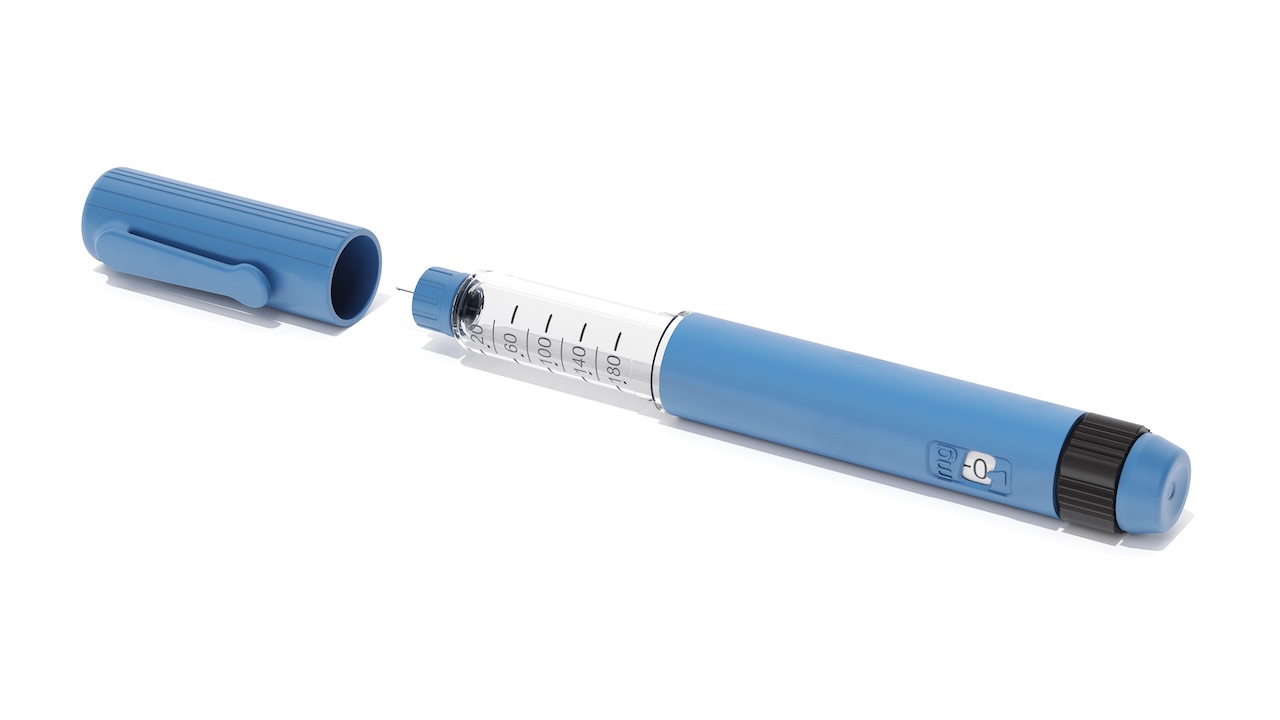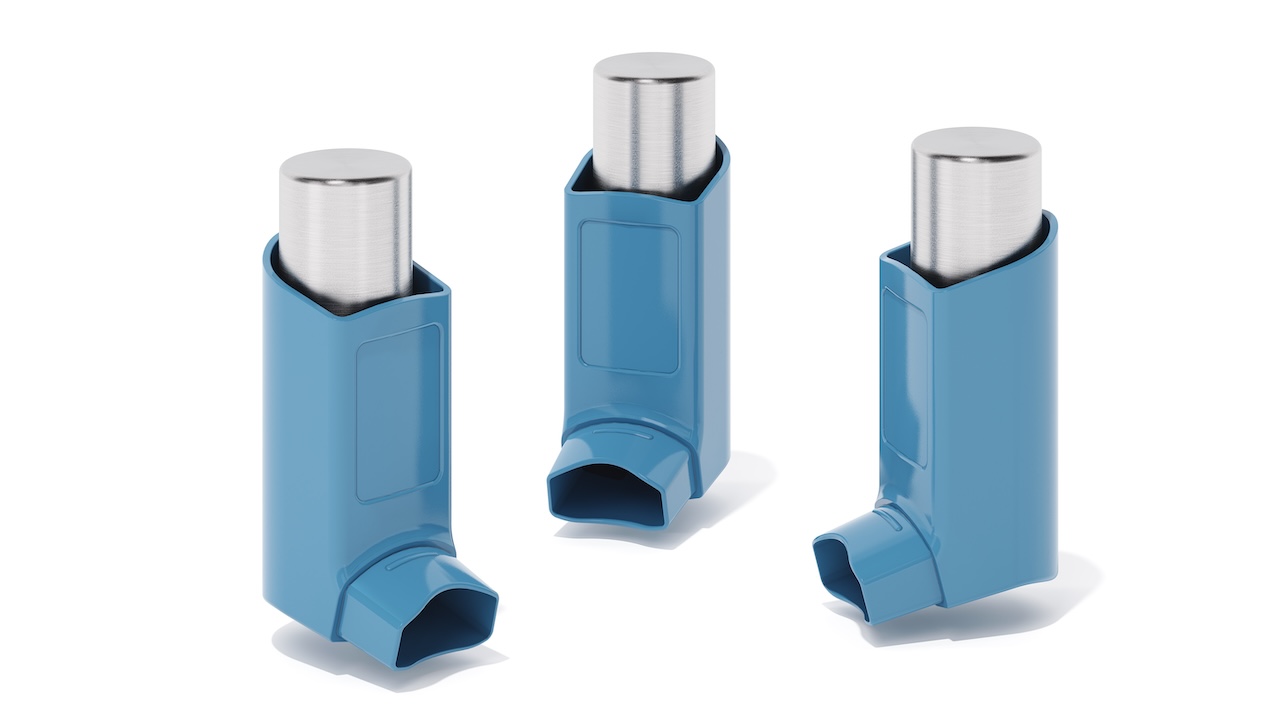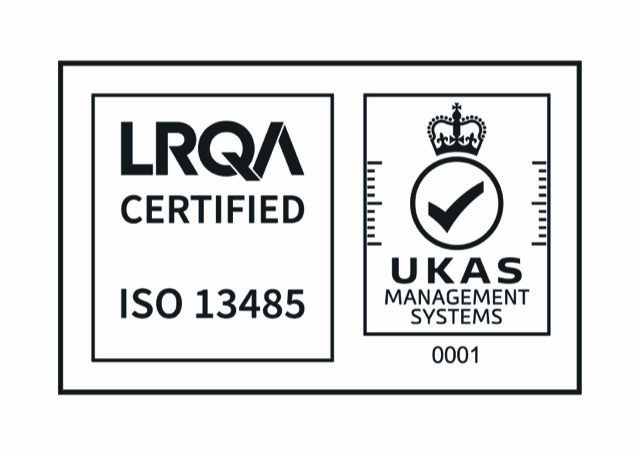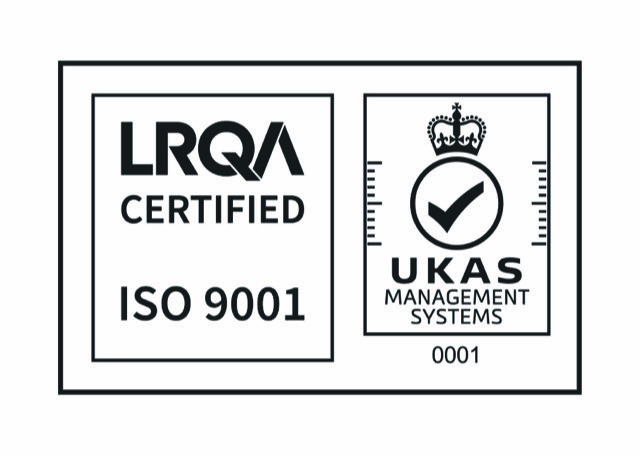Micro injection moulding in the Automotive industry
What is micro injection moulding?
Micro injection moulding is a moulding technique used to create extremely small and precise plastic parts with micron tolerances and shot weights down to milligrams. This moulding technique enables manufacturers to produce intricate, small geometries with exceptional accuracy and precision. The micro injection moulding process begins in the tooling department, where a mould is created with a cavity designed to replicate the desired component. Thermoplastic or resin is then rapidly injected into the cavity, forming the part at a high speed.
Plastic injection moulding offers distinct advantages over other manufacturing processes, enabling the production of complex shapes, superior surface finishes, and precise tolerances, all while facilitating cost-effective mass production of thousands of identical units. In particular, micro injection moulding allows manufacturers to create highly miniaturised, precise components, aligning with the growing trend for smaller, more intricate parts.
Micro injection moulding in the Automotive industry
Micro injection moulding is widely used in the production of lightweight, compact automotive components. It is employed for manufacturing under-the-hood parts such as engine and brake components, as well as various other automotive components including clips, washers, door locking mechanisms, electronic module gears, encoders, interior and exterior buttons, switches, and microplastic gears.
According to a recent report, the size of the worldwide automotive market was estimated at USD 2,738,387.98 million in 2021 and is expected to grow at a compound annual growth rate (CAGR) of 3.01% to reach USD 3,577,110.64 million by 2031, hence, the potential for micro moulding application in this industry is enormous.
Benefits of micro injection moulding in the Automotive industry:
- Mass production of complex parts with ultra-precision features and extreme accuracy
- Flexibility in plastic material options and colours
- More advanced surface finishes
- Shorter production time with high consistency
- Higher durability in challenging environments
- Can meet strict industry standards
Growing Requirement for Injection-Moulded Plastic Small Parts in Electric Vehicles
The expanding need for small injection-moulded plastic parts in the electric car industry presents substantial market prospects for the micro injection moulding industry. The automotive industry is placing a greater emphasis on electric vehicles (EVs), which has increased demand for components that are efficient and lightweight. According to a recent report, the market for electric vehicles was valued at USD 384.65 billion in 2022 and is projected to increase at a compound annual growth rate (CAGR) of 22.1% from USD 500.48 billion in 2023 to USD 1,579.10 billion in 2030. Micro injection moulding technology fully meets the demand for producing small, complex plastic components with exceptional accuracy, quality, and durability. Examples include connectors, sensors, switches, housings, and other electrical and electronic parts used in electric vehicles. As the transition to electric cars accelerates, the market for micro injection moulding is expected to grow significantly, driving more mould makers and moulders to explore new challenges beyond traditional medical and pharmaceutical applications.
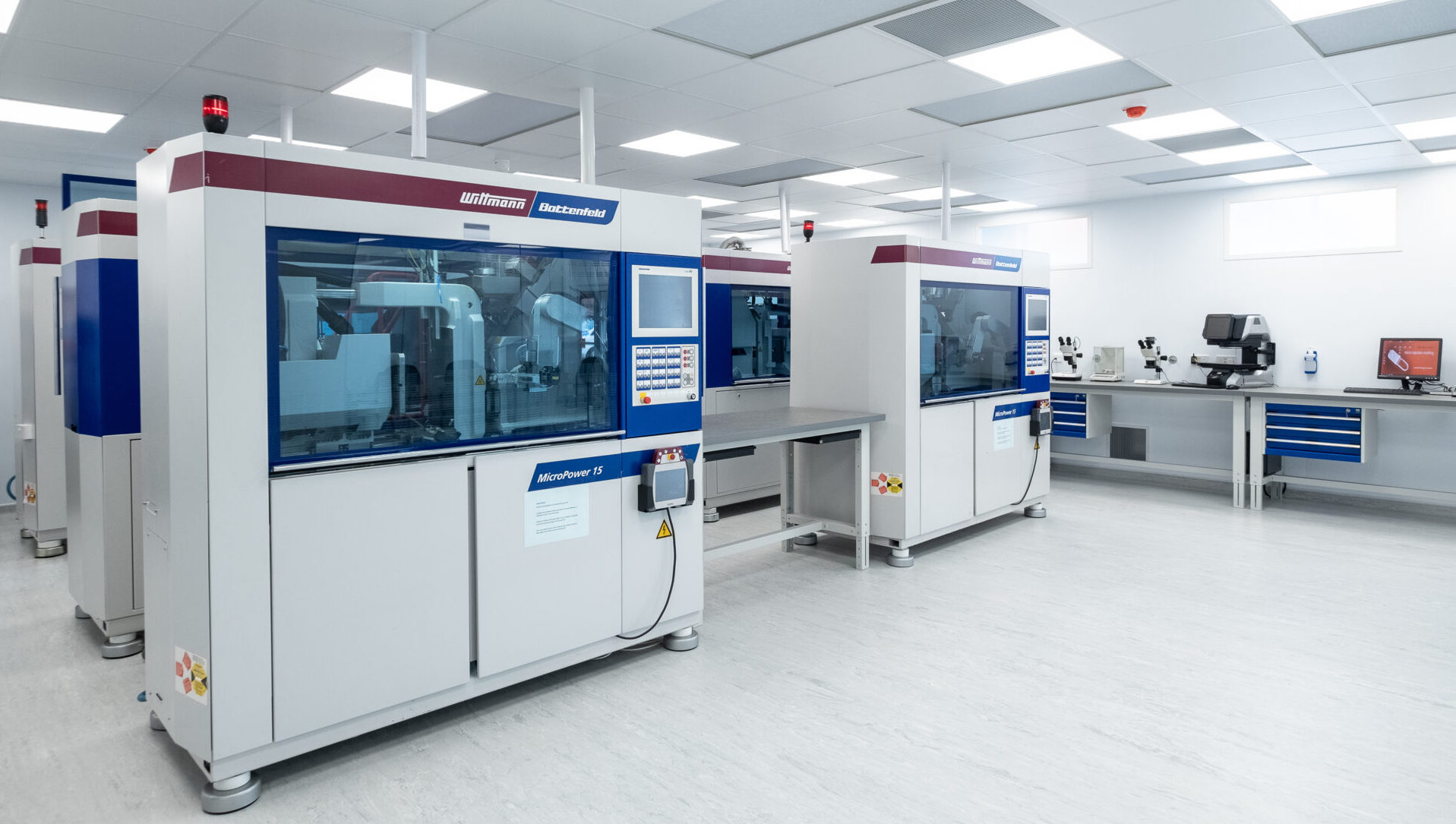
Photo: Micro injection moulding facilities in ISO Class 7 cleanroom at Micro Systems
With more than 20 years of experience in micro mould toolings and micro injection moulding, Micro Systems can take on the most challenging requirements from automotive customers, to create the smallest, most accurate possible parts from prototype to mass production. Micro Systems has in-house a team of mould and moulding experts, with the latest micro moulding machines including MicroPower and other micro metrology equipment, along with ISO Class 7 and Class 8 manufacturing environments, to support all scale automotive projects.
Contact us to discuss your micro injection moulding project!

